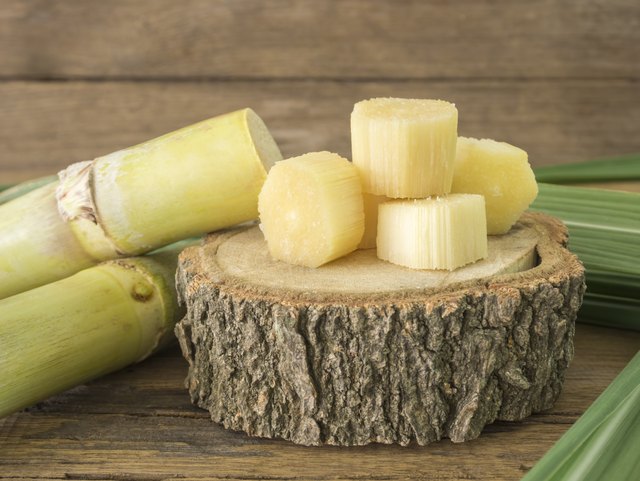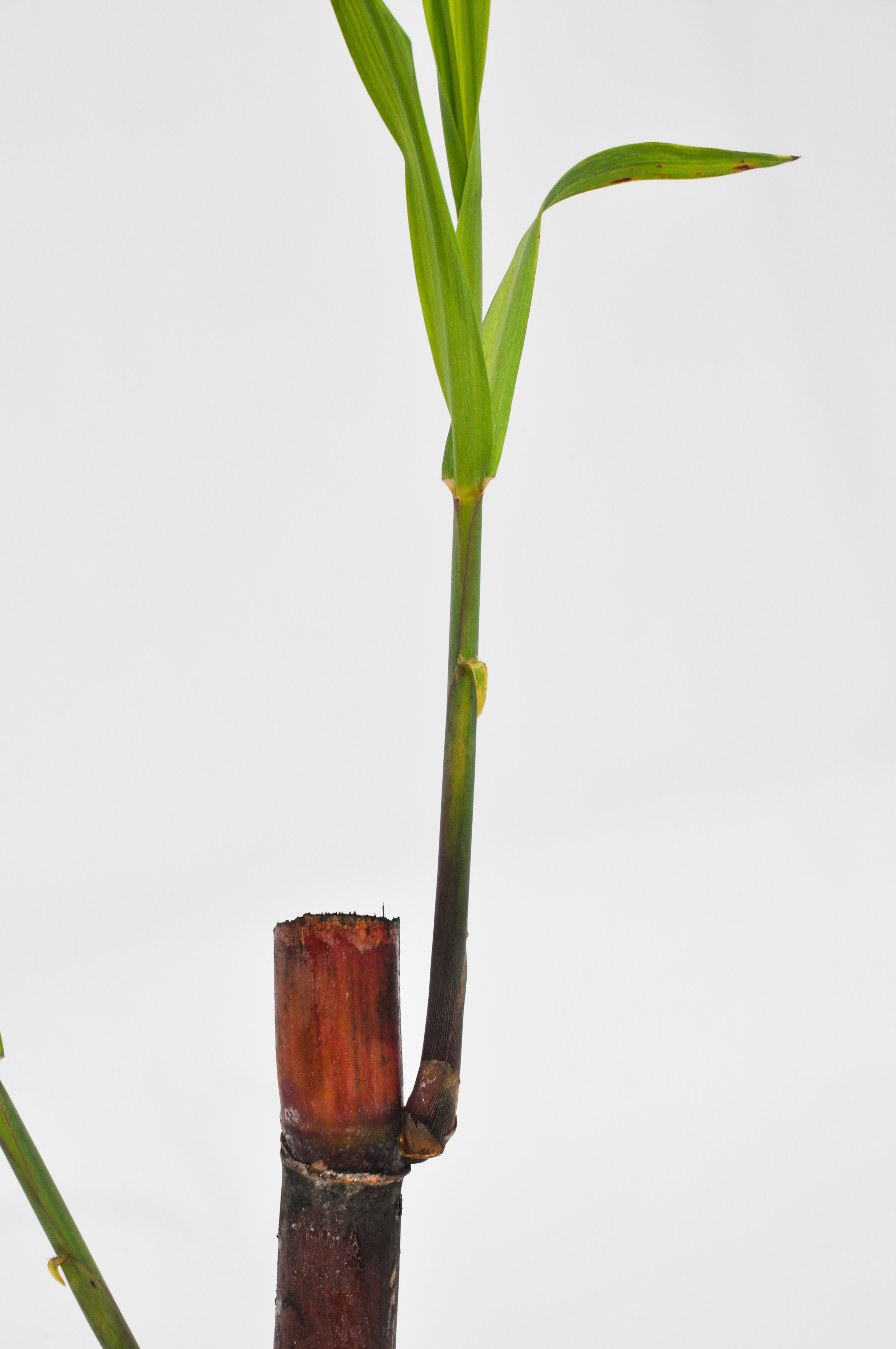The Difference Between Sugar and Cane: Understanding the Basics
The Difference Between Sugar and Cane: Understanding the Basics
Blog Article
Why Cane Sugar Handling Chemicals Are Crucial for Modern Sugar Refining
The role of cane sugar handling chemicals in modern sugar refining can not be overemphasized, as they are important to improving both the efficiency of removal and the overall top quality of the end product. Agents such as phosphoric acid and particular flocculants are utilized to eliminate impurities, causing sugar that not only satisfies consumer assumptions yet also adheres to sector standards. The ramifications of these chemicals prolong beyond top quality, touching upon market characteristics and environmental factors to consider. sugar and cane. This elevates vital inquiries about the sustainability of such techniques and their effect on the future of sugar production.
Function of Processing Chemicals
The efficacy of cane sugar processing pivots substantially on the strategic application of processing chemicals. These chemicals play a crucial function in enhancing the performance and quality of sugar removal and refining. From the first stages of juice removal to the last purification steps, processing chemicals assist in numerous critical operations.
In the extraction stage, chemicals such as phosphoric acid and calcium hydroxide are utilized to maximize the clarification procedure, assisting to eliminate impurities and suspended solids from the cane juice. This not just enhances the return however additionally guarantees the quality of the end product. Furthermore, agents like flocculants help in the fast settling of contaminations, thereby simplifying the general process.
As the handling advancements, chemicals are used in decolorization and crystallization phases. Activated carbon and ion exchange materials serve to get rid of color and smell, making sure that the polished sugar meets consumer top quality criteria. Ultimately, the duty of handling chemicals prolongs beyond functional effectiveness; they dramatically affect the sensory features of the end product, adding to market competition. Thus, the thorough choice and application of these chemicals are crucial for attaining optimal outcomes in walking stick sugar handling.
Key Sorts Of Chemicals
Cane sugar handling relies on a range of essential chemicals that assist in each stage of manufacturing. These chemicals play essential roles in clarifying, whitening, and detoxifying the sugar removed from walking stick.
One key category of chemicals consists of flocculants, such as polyacrylamide, which help in the explanation procedure by promoting the gathering and settling of contaminations. In addition, calcium hydroxide is usually utilized to reduce the effects of acidity and aid in the removal of non-sugar elements.
Whitening agents, such as activated carbon and sulfur dioxide, are used to decolorize the syrup, resulting in a more clear last item. These chemicals assist eliminate color substances that might impact the sugar's appearance and marketability.
Additionally, phosphoric acid functions as a pH regulator throughout the handling phases, making certain optimum conditions for the enzymatic activities entailed in sugar removal and purification.
Other vital representatives include edta (ethylenediaminetetraacetic acid), which chelates metal ions that can militarize undesirable responses, and sodium hydroxide, which aids in pH control throughout the refining process. Jointly, these chemicals improve efficiency and make sure a top notch walking stick sugar item.
Benefits for Sugar Top Quality
Typically overlooked, the usage of certain handling chemicals substantially enhances the general top quality of walking stick sugar. These chemicals play a crucial role in refining procedures, ensuring that the final item meets rigid sector standards for pureness and preference.

Furthermore, processing chemicals help in attaining a regular granulation and structure, which are important for customer acceptance. By controlling the crystallization procedure, these chemicals make certain that the sugar crystals develop consistently, resulting in a more enticing product that dissolves well in various applications.
Moreover, using these chemicals can enhance the shelf life of cane sugar by decreasing wetness absorption and microbial growth. On the whole, the calculated application of processing chemicals is essential for supplying premium cane sugar that fulfills consumer assumptions and market needs.
Environmental Impact Factors To Consider

In addition, the energy-intensive nature of sugar refining, worsened by chemical usage, frequently results in boosted carbon discharges. This adds to environment modification and increases here are the findings worries pertaining to the sustainability of existing refining techniques. Additionally, the sourcing of these chemicals might entail techniques that intimidate biodiversity, such as monoculture farming, which lowers the strength of farming ecological communities.

To mitigate these influences, sugar refiners are significantly checking out sustainable options and adopting best techniques that lessen visit this website chemical usage. Implementing strenuous ecological management systems can aid make sure that the refining process straightens with ecological requirements and promotes biodiversity. Inevitably, a balanced approach that focuses on both sugar quality and ecological stewardship is vital for the long-term stability of the sugar market.
Future Fads in Refining
As the sugar market grapples with the ecological challenges connected with conventional refining approaches, innovative strategies are emerging to boost both performance and sustainability. One significant fad is the adoption of environment-friendly chemistry principles, which focus on making use of non-toxic, eco-friendly processing chemicals. This change not only lessens ecological impact yet also addresses customer need for cleaner production techniques.
Another appealing growth is the implementation of sophisticated purification innovations, such as membrane layer splitting up and adsorption processes. These methods improve the clearness and top quality of the sugar while reducing the volume of wastewater produced throughout refining. Additionally, the combination of electronic modern technologies, including IoT and AI, is transforming functional performance by enabling real-time tracking and anticipating upkeep, hence minimizing resource waste.
In addition, using by-products from sugar refining, such as bagasse and molasses, is acquiring traction. These products can be transformed right into biofuels or value-added items, adding to a circular economic climate within the market. Jointly, these fads signify a change in the direction of even more lasting techniques that not just enhance operational efficiency however likewise straighten with global sustainability objectives, making certain the future practicality of sugar refining.
Verdict
Walking cane sugar handling chemicals are important in modern-day sugar refining, dramatically boosting the performance and quality of sugar extraction. The calculated use of these chemicals not just boosts the purity and flavor of the end product however likewise makes sure constant crystallization and texture. As the industry significantly focuses on sustainability, the fostering of environmentally-friendly processing representatives is most likely to shape future trends in refining, ultimately bring about greater high quality products and expanded service life for consumers.

Inevitably, a balanced technique that focuses on both sugar quality and environmental stewardship is necessary for the lasting viability of the sugar market.
Walking cane sugar handling chemicals are essential in modern sugar refining, considerably improving the performance and top quality of sugar extraction.
Report this page